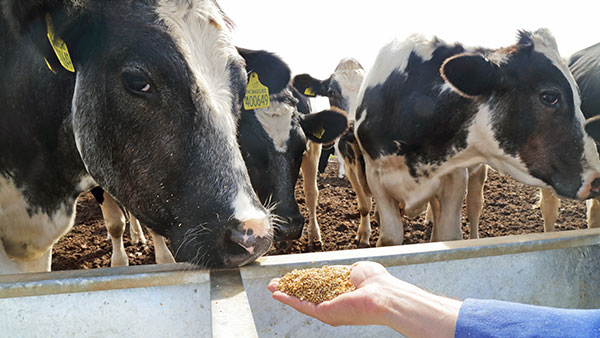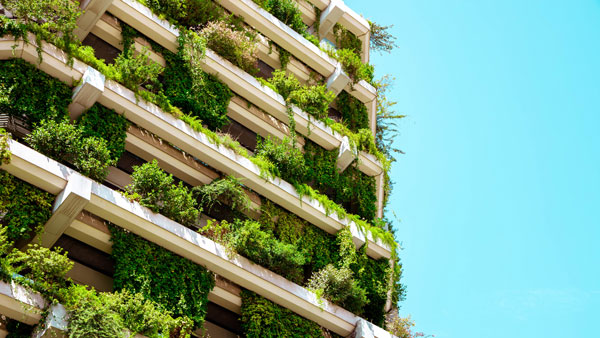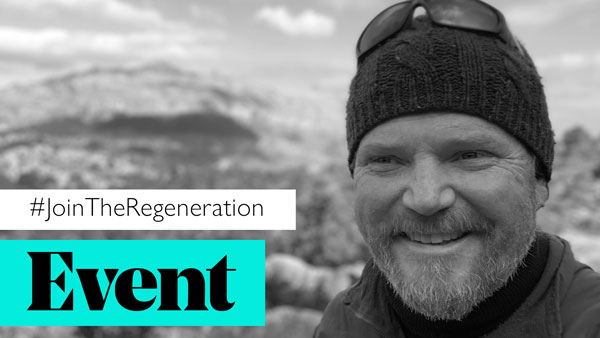We live at a moment of deep change, between one geological epoch and another, between the Holocene and the present - an era we are beginning to call the Anthropocene.
It is only recently that we have come to understand that our actions have already altered the planet, that we now shape nature, and that we have the power to create a positive geological record. Alongside current ecological crises are countless examples of new thinking, such as smart cities, cultivated life forms and landscapes with human-induced biodiversity.
Popular movements are fighting for their local ecologies, globally-connected pressure groups are forcing political change, and there is a growing recognition that diverse communities have an equal right to a say in this planet’s future.
Award-winning science and environment writer Christian Schwägerl visits the RSA to trace our co-evolution on this planet and the growth of ideas about the Anthropocene concept.
Speaker: Christian Schwägerl, science and environment writer, and co-founder of The Anthropocene Project
Chair: Tony Juniper, writer, campaigner, environmentalist and sustainability adviser
Venue: Durham Street Auditorium


